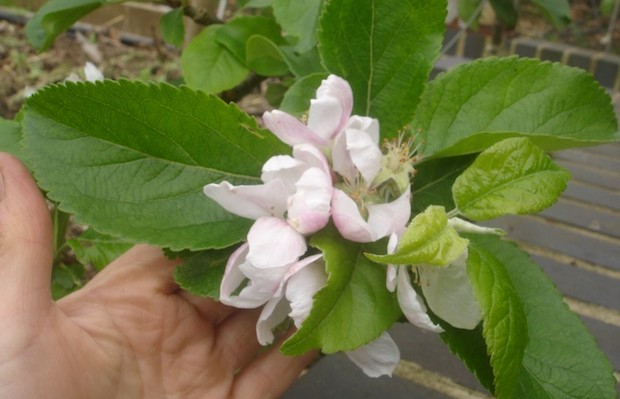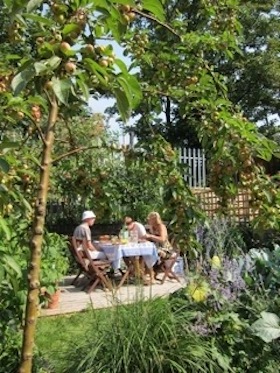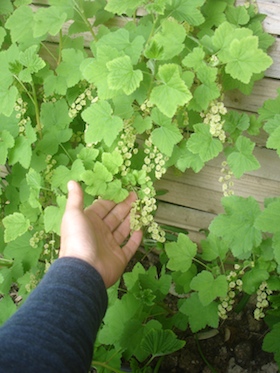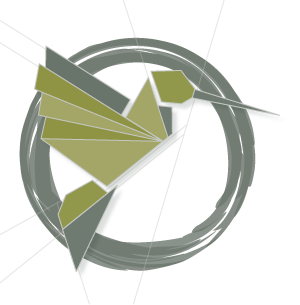plant nectar rich fruit for our native insects


 Creating a buzz: episode two… With the ever decreasing population of bees in the UK you can still help by planting nectar rich plants for insects.
Creating a buzz: episode two… With the ever decreasing population of bees in the UK you can still help by planting nectar rich plants for insects.
Growing fruit trees and soft fruit bushes in your garden could be critically important in helping our native honey bees survive. The pollen from apple trees, gooseberries, raspberries etc is a valuable source of late spring nectar and pollen for bees. Other insects feed on the foliage, flowers and fruit too so don’t go mad spraying them against pests and diseases. Please think before spraying and tolerate a little bird and insect nibbling: with patience and observation you may be lucky to catch sight of the insects on your fruit plants and learn more about them by living with them.
Tree fruit:
Ripe apples later on in the season provide food for butterflies, birds and small mammals. Crab apples such as Malus sylvestris ,cherries such as Prunus cerasus and pear trees like Pyrus communis ‘Conference’ are host to over eighty different insects.
Soft fruit:
At my allotment I have hung light netting over timber posts surrounding fruit bushes as after flowers appear, so the insects can get in to fertilize the flowers, but the net keeps the birds out until I am ready to share the end of the crop with them.
Ribes pollen on currents and gooseberry, from tiny lime green flowers in early spring is a valuable nectar for insects as they flower just before the main spring blossoms appear . I advise to temporary net them too, as soon as the tiny green berries are in evidence as the blackbirds will start to pick their way through and you will loose the crop. Instead leave some ripe ones at the end of picking to share with the black birds . They wont eat the green early unripened fruits, so that is a waste, but they can have any over ripe left overs you don’t need for cooking.
Rubus pollen, such as raspberries, loganberries and blackberries are good food sources for skipper butterflies and bees. I do net these too, to keep those very greedy pigeons off them!
Good fruit suppliers I have sourced for clients in the past inclued R V Rogers in Yorkshire, Ken Muir in Essex and English Woodland in East Sussex.
